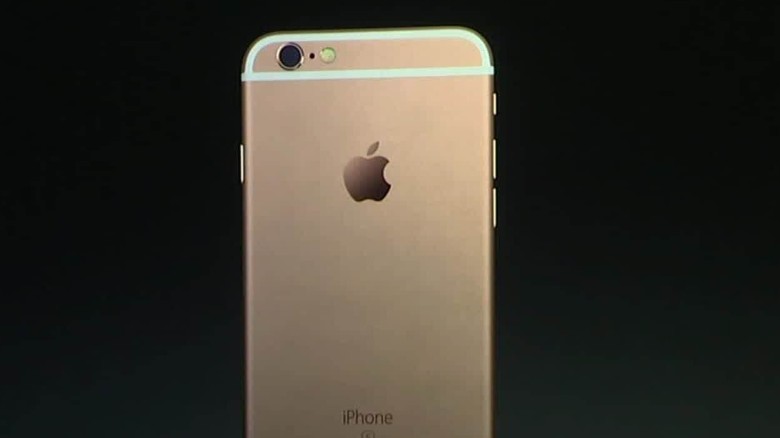
WASHINGTON D.C. (WBAP/KLIF News ) – The Justice Department along with 16 other state and district attorneys general filed a civil antitrust lawsuit against Apple on Thursday on allegations the tech giant is monopolizing the smartphone market.
The complaint, filed in the U.S. District Court for the District of New Jersey, alleges that Apple is in violation of Section 2 of the Sherman Act, by allegedly restricting its smartphone operating system in ways the spike consumer costs and prevents tech developers from successfully releasing products on other smartphone systems.
“Consumers should not have to pay higher prices because companies violate the antitrust laws,” said Attorney General Merrick B. Garland. “We allege that Apple has maintained monopoly power in the smartphone market, not simply by staying ahead of the competition on the merits, but by violating federal antitrust law. If left unchallenged, Apple will only continue to strengthen its smartphone monopoly. The Justice Department will vigorously enforce antitrust laws that protect consumers from higher prices and fewer choices. That is the Justice Department’s legal obligation and what the American people expect and deserve.”
“No matter how powerful, no matter how prominent, no matter how popular — no company is above the law,” said Deputy Attorney General Lisa Monaco. “Through today’s action, we reaffirm our unwavering commitment to that principle.”
According to a news release, the complaint alleges that Apple’s anticompetitive course of conduct has taken several forms including:
- Blocking Innovative Super Apps. Apple has disrupted the growth of apps with broad functionality that would make it easier for consumers to switch between competing smartphone platforms.
- Suppressing Mobile Cloud Streaming Services. Apple has blocked the development of cloud-streaming apps and services that would allow consumers to enjoy high-quality video games and other cloud-based applications without having to pay for expensive smartphone hardware.
- Excluding Cross-Platform Messaging Apps. Apple has made the quality of cross-platform messaging worse, less innovative, and less secure for users so that its customers have to keep buying iPhones.
- Diminishing the Functionality of Non-Apple Smartwatches. Apple has limited the functionality of third-party smartwatches so that users who purchase the Apple Watch face substantial out-of-pocket costs if they do not keep buying iPhones.
- Limiting Third Party Digital Wallets. Apple has prevented third-party apps from offering tap-to-pay functionality, inhibiting the creation of cross-platform third-party digital wallets.
The complaint also alleges that Apple’s conduct extends beyond these examples, affecting web browsers, video communication, news subscriptions, entertainment, automotive services, advertising, location services, and more.
In a statement, Apple denied the allegations and accused the government of setting a dangerous precedent of overreach, claiming it would empower the feds to get more involved in designing people’s technology.
“This lawsuit threatens who we are and the principles that set Apple products apart in fiercely competitive market,” said the statement in part.
Copyright 2023. WBAP/KLIF News. All Rights Reserved.




